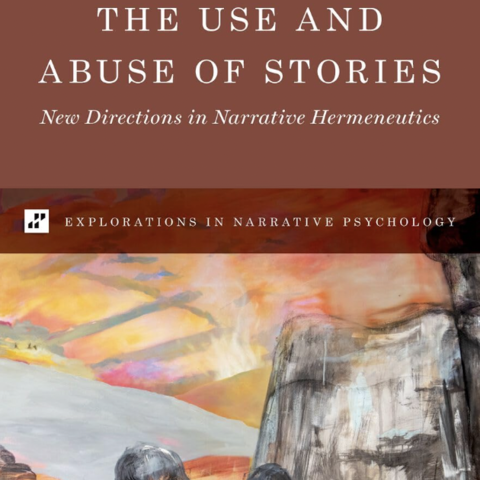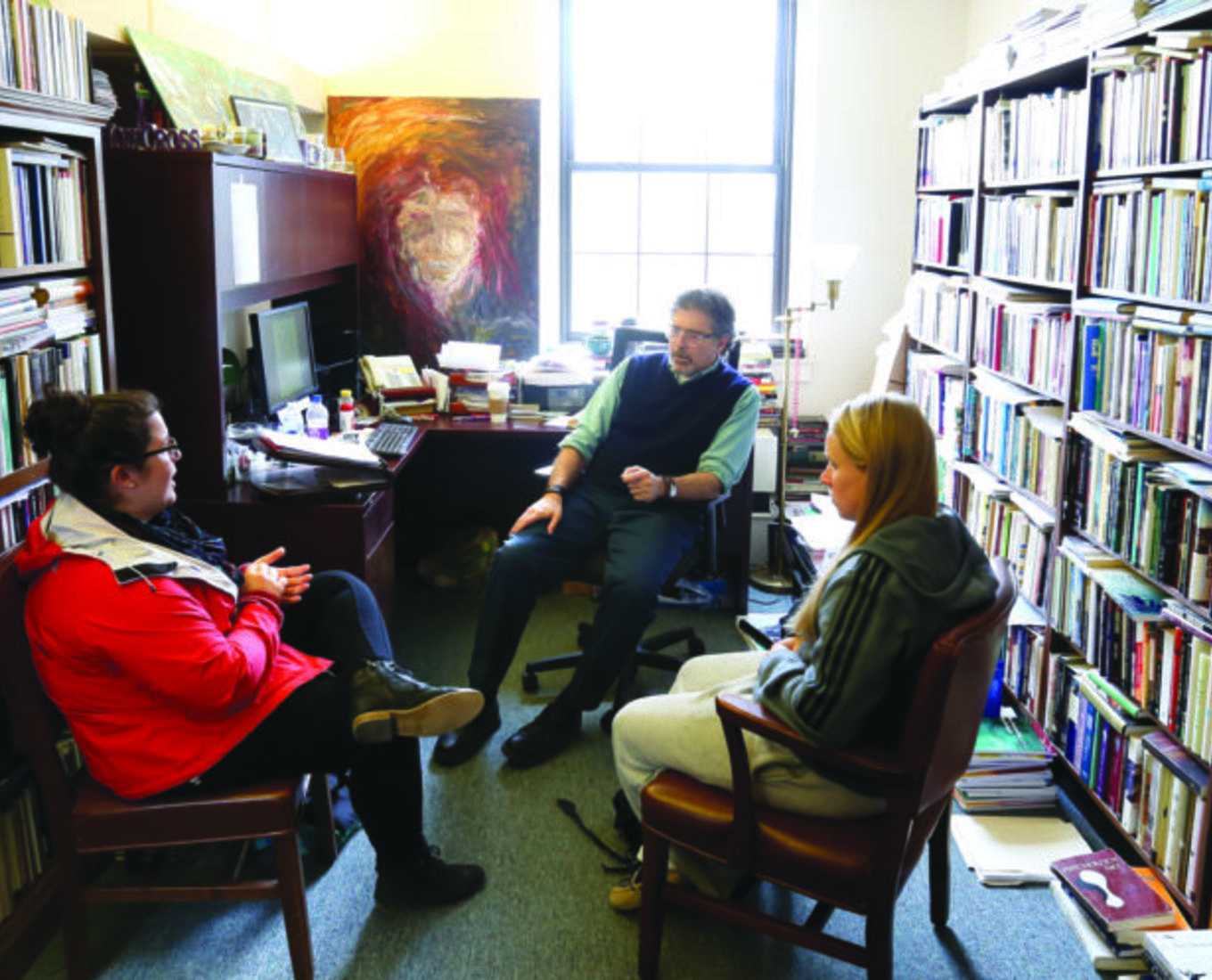An expert in how stories shape a person's worldview said Americans are living in a contentious culture in which facts — or "facts" — can change according to the teller’s emotion or opinion, but noted that people should not give up hope in the concept of truth.
“As humans we’re wired for story,” said Mark Freeman, Distinguished Professor of Ethics and Society, narrative psychology expert and co-editor of the newly released book “The Use and Abuse of Stories.” “But narrative is a complex undertaking; it can heal and it can wound. And it can have consequences we don’t anticipate. It’s important that we talk about the hows and whys of the stories we create. And it’s extra important that we be vigilant about the ways in which stories can be manipulated for nefarious purposes.”
Freeman indicated that the term “the abuse of stories” is an apt description for the self-serving manipulation of narrative and the devolution of truth that has emerged over the past decade. He dates the origins of the book back to the 2016 election.
“I began watching what was happening with Trump’s first campaign,” he said. “And I was continually seeing the word ‘narrative’ used in the context of politics. The question ‘What’s the narrative?’ became a buzzphrase."
With increasing concern, Freeman said he began to observe the way facts were being ignored or manipulated in the larger political arena and in the fast-moving, tech-driven world of new media.
“I began to see all the dangers of narrative,” he said, “taken from what I was just witnessing in the world: from Trump, from newscasts, from periodicals, from podcasts. The conspiracy theories being passed along were getting stranger and more extreme. I think at this point, most of us have come into contact with people who became victims of ‘post-truth’ narratives. And what’s both interesting and deeply unsettling is that it’s not just the ‘forgotten’ and disaffected who fell under the sway of patently false narratives. I, therefore, began to see what I came to call ‘narrative solipsism’ — being sealed inside a narrative no matter how much the weight of evidence and facts argue against its truth.”



